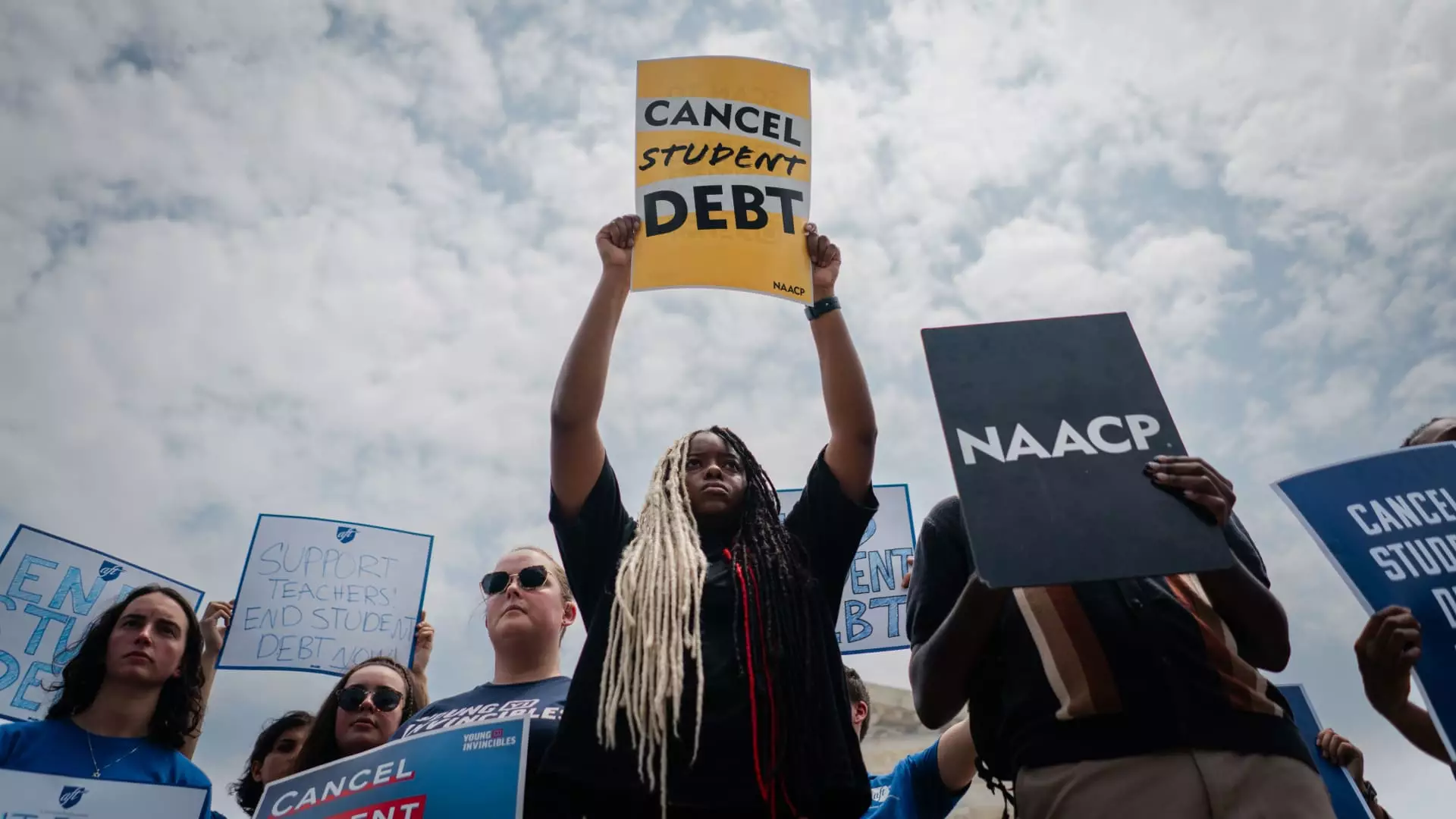Student loan forgiveness is a contentious issue that elicits strong emotions about fairness, personal responsibility, and economic implications. For individuals like Arkansas Attorney General Tim Griffin, who took around 30 years to pay off a $100,000 student loan balance, the idea of debt forgiveness can be challenging to accept. Griffin, who advocates for repaying debts using existing resources rather than taxpayer funds, questions the fairness of having to cover the personal debts of others, especially those who have benefited from higher education. This sentiment is shared by many who have successfully repaid their student loans or never attended college, leading to heated discussions about the ethics of borrowing and repaying debts.
Kate Padgett Walsh, a philosophy professor, emphasizes the historical and moral significance of debt repayment in human relationships. From familial obligations to community ties, the concept of indebtedness has deep roots in human society. However, Walsh argues that the emphasis on debt repayment has been perpetuated by entities that profit from lending, creating a narrative of personal responsibility that may overshadow the harms caused by financial debt. While there is a fundamental sense of obligation to repay debts, especially in non-monetary relationships, the focus should be on alleviating student debt rather than placing the burden solely on individual responsibility.
Devin Singh, a religion professor, sheds light on the partisan divide regarding student loan forgiveness, noting that the issue impacts Democrats more directly due to their higher educational attainment. With differing views on the role of education, Democrats tend to perceive it as a public good that benefits society as a whole. On the other hand, some opponents of loan forgiveness see education as a private commodity, leading to resistance toward debt relief initiatives. Additionally, the generational gap and lack of understanding about the challenges faced by student loan borrowers contribute to misconceptions about fairness and the realities of debt repayment.
Charlie Eaton, a sociology professor, highlights the misconceptions surrounding student loan borrowers, particularly regarding the difficulty of paying off debts due to accumulated interest. Many borrowers make consistent payments, yet the overall debt continues to grow due to high interest rates. This financial burden can create long-term challenges for individuals like Marlon Fox, a chiropractor who spent years repaying his student debt before it was forgiven. As more voices join the debate on student loan forgiveness, the complexities of the issue become increasingly apparent, reflecting broader societal attitudes toward debt, responsibility, and equality.
The debate over student loan forgiveness is multifaceted, involving ethical, political, and social considerations that shape our perceptions of debt and repayment. While some argue for personal responsibility and fairness, others advocate for systemic changes to alleviate the burden on borrowers. By exploring the underlying beliefs and interests driving the discourse on student loans, we can better understand the complexities of debt forgiveness and its implications for individuals, communities, and society as a whole.


Leave a Reply